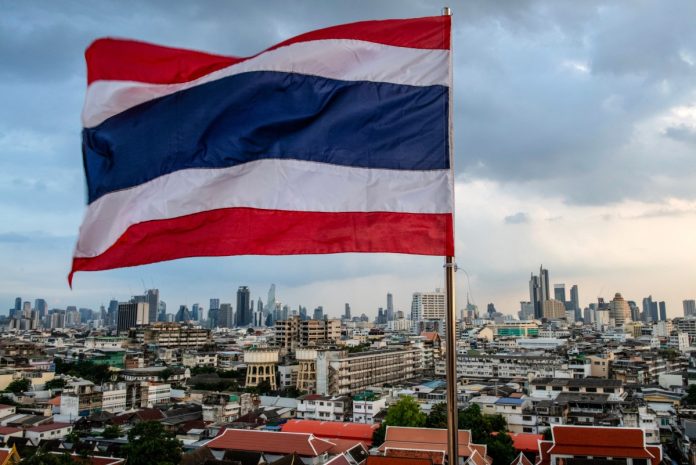The Catholic Education Council of Thailand (CECT) expressed its opposition on Thursday, April 3, to the government’s proposal to legalize casinos.
The council, which oversees 387 Catholic schools across the country serving more than 500,000 students, cited grave concerns about the policy’s potential impact on Thai society.
In a statement, Fr. Paul Ekarat Homprathum, CECT Secretary General, emphasized that Catholic schools firmly reject online gambling and casino establishments, warning of their detrimental effects on Thai society.
Thailand’s government recently took a major step toward legalizing casinos, with the Cabinet approving a draft bill that would permit the establishment of integrated entertainment complexes.
The proposed Entertainment Complex Bill, scheduled for parliamentary debate as early as April 9, 2025, is intended to boost state revenue, combat illegal gambling, attract foreign investment, and enhance tourism.

However, the initiative has sparked intense public debate, with many expressing deep reservations about its potential consequences.
According to a recent survey by the National Institute of Development Administration (NIDA Poll), a significant number of Thai citizens share the CECT’s concerns.
Among respondents, 32.6% feared the policy would promote vice and jeopardize national security, while 30.23% questioned whether the promised economic benefits would materialize.
Many also voiced worries about gambling addiction, money laundering, and the potential for these complexes to become hubs for criminal activities.
“This policy opens up opportunities for young people to fall victim to deception and puts Thai society at risk in many ways. It exposes our youth to the dangers of gambling addiction,” said Fr. Homprathum, in an interview with LiCAS News.
Public skepticism has been fueled by reports that approximately half of Thai high school students could already be engaging in online casino gambling, raising concerns that Thailand might become one of the world’s largest gambling hubs.
International data further highlight the risks, with a Japanese study indicating that 30% of first-time users of offshore online casinos became indebted within a week of starting to gamble.
The moral and social dangers of gambling resonate beyond Catholic institutions. Jarin Siripornpak, a Buddhist and alumnus of a Catholic school, said that gambling is “worse than narcotics” because “it ruins lives and makes the poor even poorer.”
Similarly, Lampuan Bualakorn, a 50-year-old lottery addict, admitted that she spends thousands of baht every month hoping to become rich, saying it is her only hope.
Despite government claims that the proposal underwent a public hearing, some officials argue that public opposition was largely ignored.
One senator questioned whether legalizing gambling would truly curb underground betting or simply exacerbate existing corruption and addiction issues.
The CECT underscored the Church’s teachings on gambling, saying that any form of gambling that harms individuals and society contradicts Christian morality.
“Supporting legal gambling neglects the moral responsibility of Thai society,” Fr. Homprathum said.
The CECT called on the government to protect students by halting plans for online gambling and casinos. The council urged policymakers to pursue economic growth through sustainable and ethical means rather than relying on gambling revenue.
The newly appointed CECT Chairman, Bishop Stephen Boonlert Phromsena, reaffirmed the council’s stance, saying, “As Catholic educators, we must instill Gospel values in students, shaping them into individuals who are not only academically capable but also socially responsible leaders committed to justice and the common good.”









